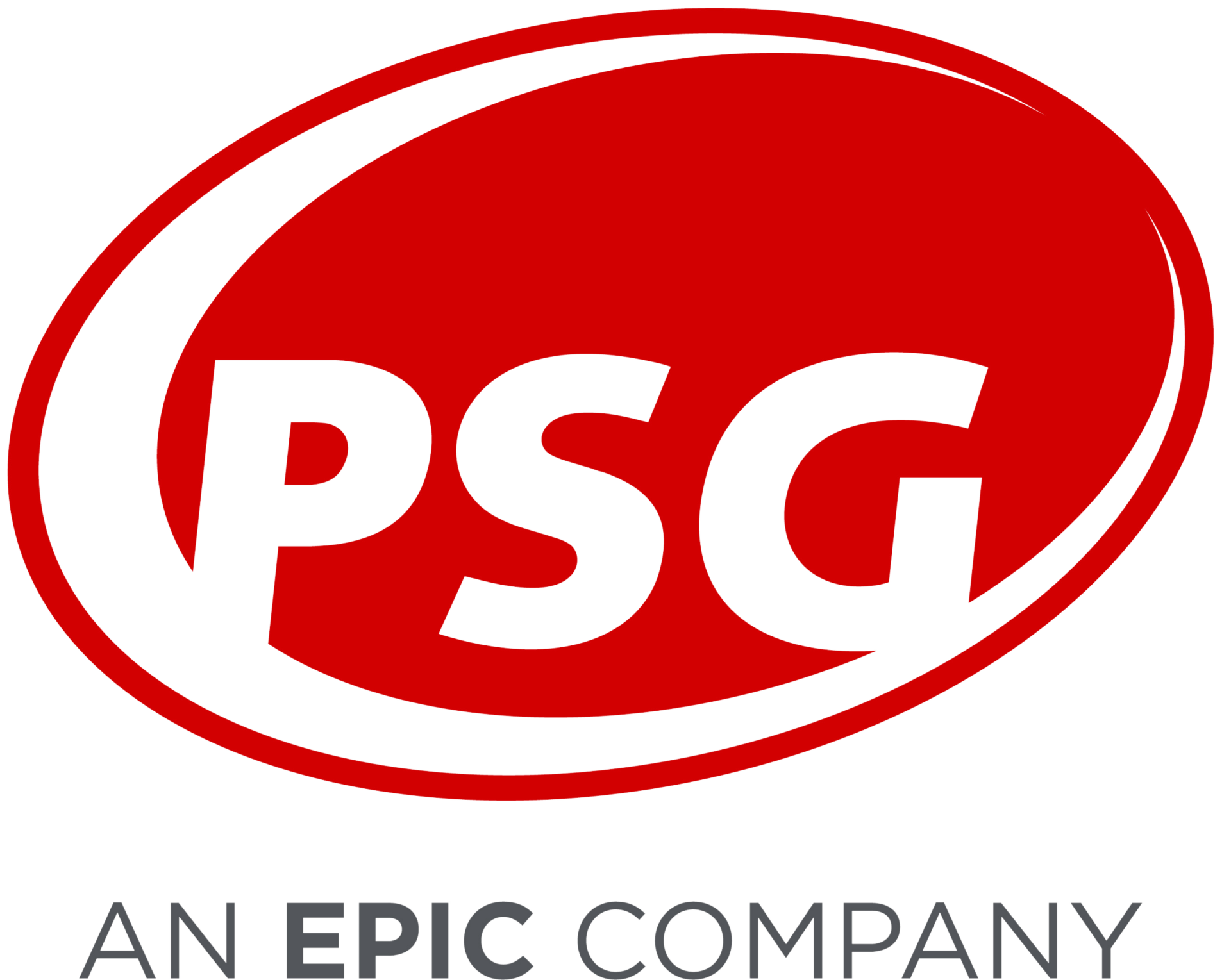The Hidden Costs of Non-Essential Drugs in Your Plan’s Formulary
Posted on July 29, 2019
Plan sponsors are constantly waging a war on unnecessary drug spend and waste due to the inclusion of non-essential drugs on their PBM’s formulary or preferred drug list. Non-essential drugs can be described as having high costs yet little to no additional clinical value over alternatives. As more and more of these non-essential drugs continue to infiltrate the marketplace, the problem is expected to worsen.
There are three primary categories of non-essential drugs that contribute to formulary waste:
- High-cost/low-value drugs. These can include brand-name drugs with a very high cost and no added clinical value over equivalent alternatives. They can also include high-cost prescription drugs containing one or more drugs which are otherwise available over-the-counter (OTC).Examples include Duexis, Vimovo, and Xyzbac. The latter of these is a dietary supplement containing vitamins B, C & D, folic acid, and Coenzyme Q10, all ingredients that are available OTC. At an average wholesale price (AWP) of $33.10 per tablet, the monthly cost for two tablets per day is nearly $2,000.
- High-cost generics. These can include drugs which have entered the market as a generic equivalent to a high-cost/low-value brand drug. Or it may be a single-source generic—a phenomenon that occurs when other generic manufacturers exit the market.A notorious example of this type of drug is Metformin, a generic oral medication used in the treatment of type 2 diabetes. Three extended-release formulations of Metformin—with slightly different mechanisms for their delayed-release—are available generically, but vary widely in price. The generic for Glumetza costs $55-$120 per tablet compared to $.09-$1.33 per tablet for generic Glucophage XR. The differences in the delayed-release mechanisms have little to no impact on the clinical effects of the drug.
- Me-too drugs, which are new formulations for old medications, often enter the market at inflated prices and offer no added benefits. The topical corticosteroid spray Sernivo (betamethasone dipropionate), marketed as a “focused formulation,” is used to treat adult patients with plaque psoriasis. It costs more than $900 for a 120 ml bottle. However, clinical equivalents are available generically in other topical formulations, including cream, ointment, or lotion, that cost less than $75.
Taking preemptive action against waste
The traditional PBM model is not set up to address the issue of waste—Oftentimes, the model contributes to it. However, when armed with the right information, plan sponsors can take the lead in addressing this issue with their PBMs in order to minimize waste.
Access to data and continual vigilance is required, which means reviewing pharmacy claims and prescription data to identify current non-essential drug utilization. It also means tracking the drug pipeline to pinpoint future market entrants. A plan sponsor should also ask their PBM which specific measures they are taking to reduce waste under their current formulary and to mitigate future challenges.
PSG proactively identifies these problem drugs by continuously monitoring drug pricing and our clients’ data to identify new non-essential drugs. This intelligence is captured within our Artemetrx rules engine so that we can quantify the number of utilizers, total plan costs, and potential savings. We have identified thousands of unique drug NDCs that result in unnecessary waste for clients. But we don’t stop once the problem is identified. We work with our clients and its PBM to make needed adjustments to the formulary or plan and avoid the inclusion of non-essential drugs.
Contact PSG for a consultation today or download PSG’s solution overview to learn more.

